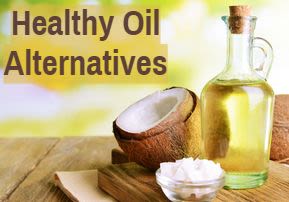
Healthy Oil Alternatives – Part 2
Oil is not necessarily something to be feared, if you choose the right oil!

So, let’s now discuss the healthy oil alternatives:
Olive Oil: Extra-virgin olive oil is incredibly healthy, but should be used properly. It still can oxidize at high heat, so it is not recommended for sautéing. If you want to use it for that purpose, I have been told that if you sprinkle on a little bit of turmeric on top of the olive oil before adding the other food, it is supposed to greatly reduce the creation of free radicals. But for anything cold – this is the super oil to go to!
Make sure you buy 100% olive oil – many olive oils are cut with up to 20% canola, and that is legal by law! I was warned once that the Italian olive oils are the worst in this regard. No matter what the bottle says, we test oil by burning it for Shabbos or the candle for Rebbe Nachman a few times. If the candles go out before all the oil is used, then something is wrong with the oil… we’ve caught fakes more than once this way. If you’re in Israel and you buy oil certified by the Eida Chareidit, then you don’t have to worry about this. They personally test olive oil in their labs to certify that it is 100% olive oil – even olive oil that is certified only for burning.
Make sure to also escape the trap of “light” olive oil. I used to use it, thinking that it was a good alternative to the rancid oils discussed in Part 1 with less taste. Then, I discovered that companies are basically selling the trash that is left over after excreting the extra-virgin first press and virgin oils, just under better marketing (companies love such schemes, because instead of paying for trash disposal, they make even more money… unfortunately, many such schemes aka frauds are being sold out there as “healthy”). Needless to say, this trash does not have the health benefits of extra virgin olive oil, and it becomes unhealthy in all the processing needed to make it edible.
Palm Oil: I used to be terrified of palm oil that oftentimes looked solid. I am still a bit worried about the deodorizing and high-heat processes used to machine refine it, but it’s a livable option. It isn’t particularly healthy like coconut oil, but it isn’t dangerous per say, either. I would personally label it as “Neutral – Safe to use in reasonable amounts.”
I use this for baking, when even refined coconut oil doesn’t work well (especially in the winter when it becomes too solid to use easily) and frying (again, coconut oil doesn’t fry up well and has a strong taste to boot. Sometimes I’ll do 1/3 coconut oil and 2/3 palm oil). Palm oil in Israel is only available kosher for Passover, so I buy enough to last me for the year when it’s available.
Coconut Oil: The real prize! I don’t have room here for all the health benefits of coconut oil, including increasing metabolism and losing weight, but suffice to say, there are many! You simply get used to the flavor, especially of the non-refined which has some coconut left in it. I LOVE the flavor in particular with potatoes – all sorts of baked and fried potatoes just taste heavenly with coconut oil. It’s also great to add in some to coffee and tea, just to get the health benefits.
The best is organic, non-refined, cold pressed coconut oil. The refined is a good option for some cooking uses when the flavor of coconut doesn’t work well (for instance, salmon and eggs) and this is my go-to standard cooking choice. Again, I worry about the processes to machine refine it, but I don’t have great options. In our world, there really aren’t great options for just about any food! So, I am happy with what I can do. I personally don’t know how important organic is for coconut oil, but I find most high quality cold-pressed oils are generally organic anyway.
An important thing to remember about any oil – once you’ve chosen a healthy oil (olive and coconut, used properly) then you don’t need to worry so much about amounts. The truth is that many people are used to using very large amounts of oil, and this should be avoided even in coconut oil. However, you don’t need to kill yourself to use virtually no oil either. Some oil and fat is healthy in every diet, especially when you are dealing with cold extra-virgin olive oil and cold pressed coconut oil. For instance, I use about a tablespoon in oil in most dishes I make (for a family of 5). This is more than enough oil to add to the taste, and make sure that the food doesn’t stick or dry out. Yet, for how much each person eats, it’s almost negligible. Even when I fry food in a coconut/palm oil combo, I make sure to put it on paper towels, but I don’t worry too much about it. However, I do switch out the oil the moment it starts turning brown. Brown always means oxidation, and that means unhealthy.
The truth is, that butter and other animal fats like chicken fats should be healthy too – in fact, they are generally far superior to anything plant based. Animal fat should be filled with important fat-soluble vitamins. It should even be Omega-3! The problem is with all the commercial processes to bring our meat products to market. Instead of eating grass and therefore producing meat and dairy filled with healthy oils and vitamins, animals are fed the same corn and soy meals, usually GMO, that are dangerous for us to eat. They are injected with all sorts of hormones and all sorts of chemicals and machine processes are used to process and package the meat, dairy and eggs they produce. As far as I know, these downsides now far outweigh the benefits of meat and dairy products like butter, chicken fat, etc. If you can somehow get your hands on something truly free range, raw milk, etc. (with a REAL kosher certification no less!) go for it, but otherwise, we’re stuck with the plant options which at the very least are not filled with dangerous chemicals.
***
Rachel Avrahami grew up in Los Angeles, CA, USA in a far-off valley where she was one of only a handful of Jews in a public high school of thousands. She found Hashem in the urban jungle of university. Rachel was privileged to read one of the first copies of The Garden of Emuna in English, and the rest, as they say, is history. She made Aliyah and immediately began working at Breslev Israel.
Rachel is now the Editor of Breslev Israel's English website. She welcomes questions, comments, articles, and personal stories to her email: rachel.avrahami@breslev.co.il.



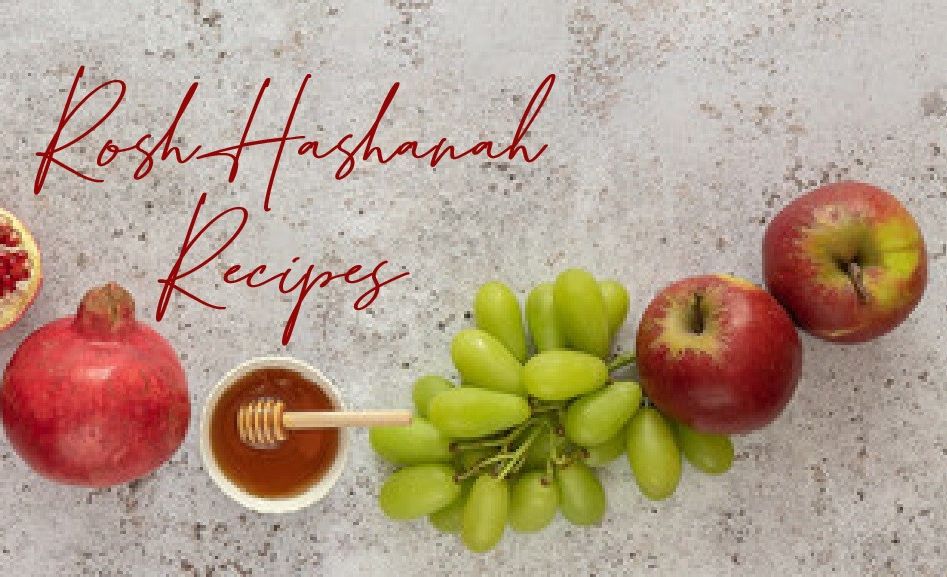
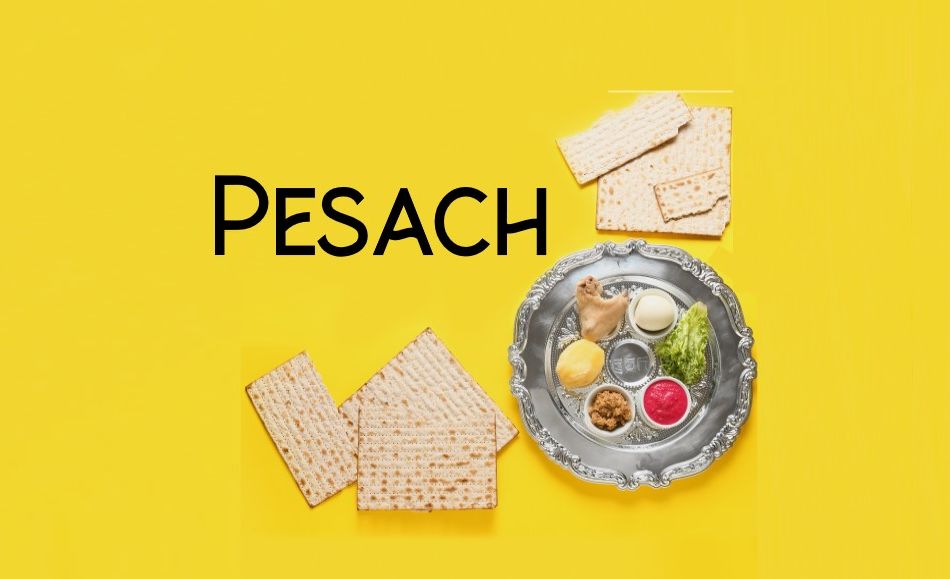
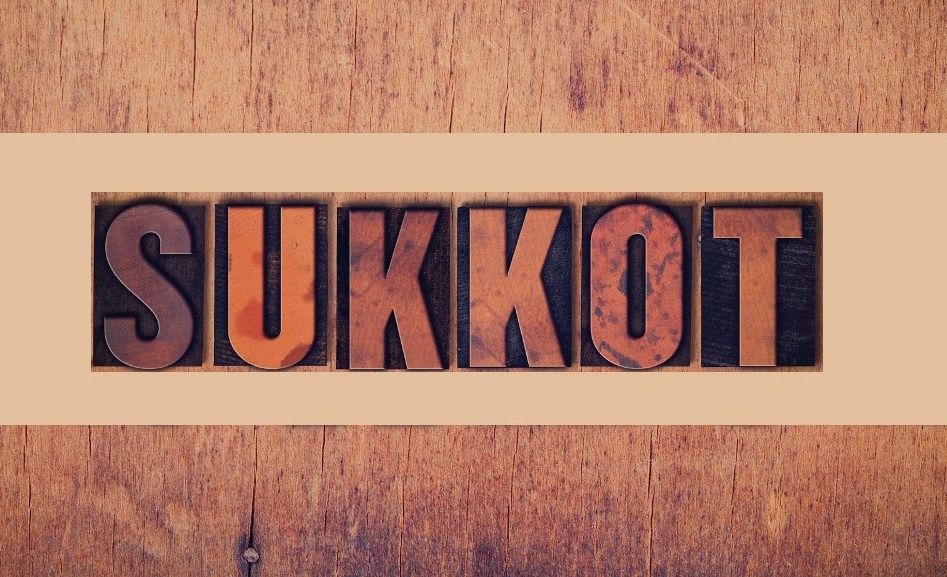
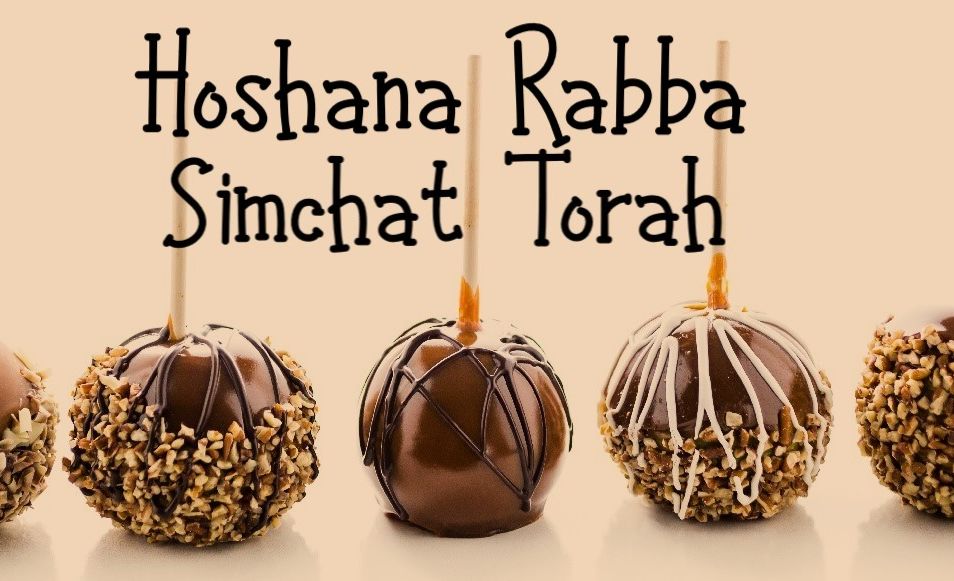
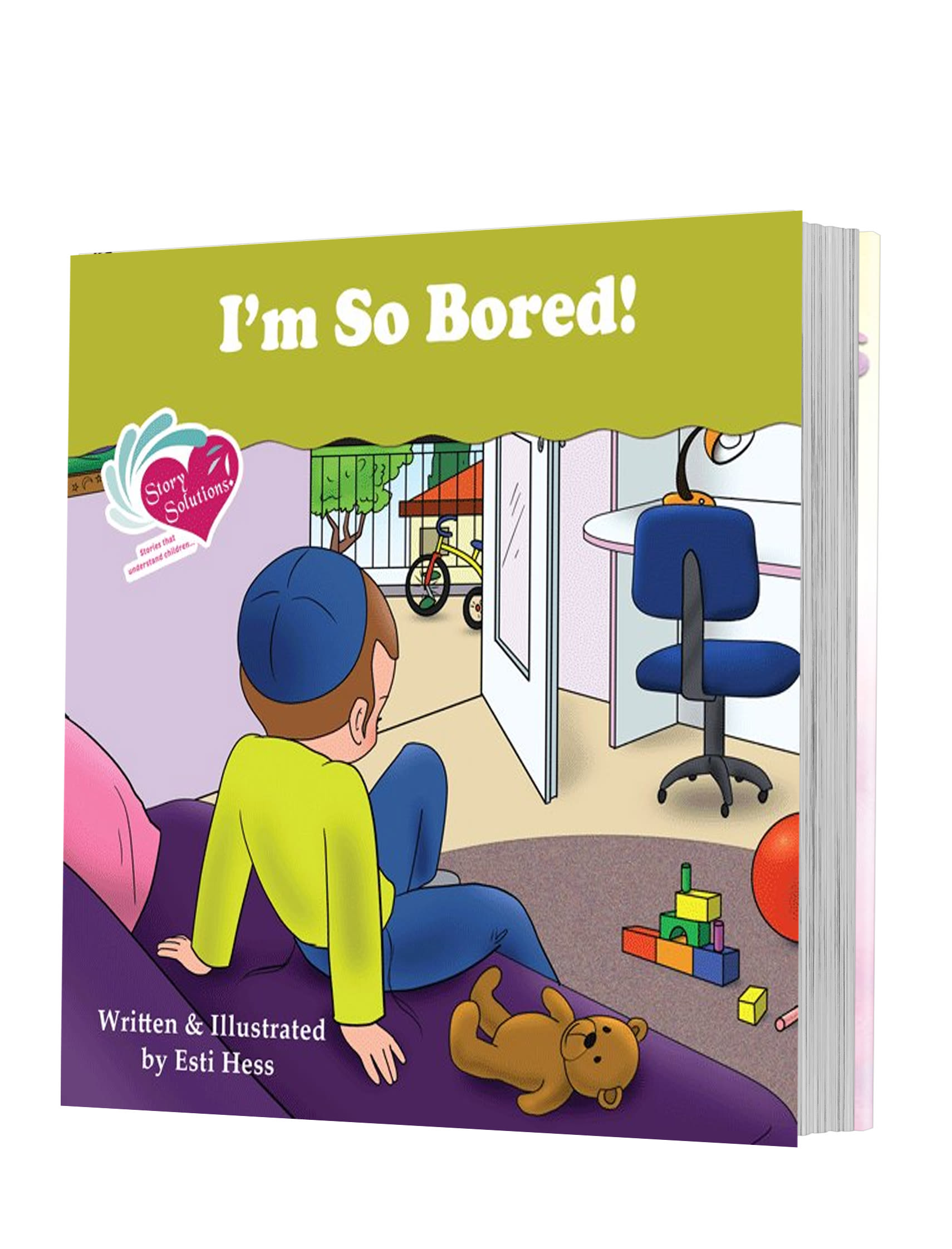
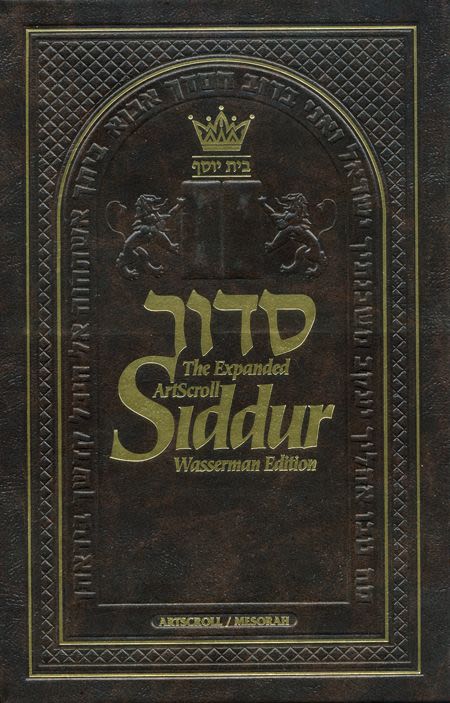

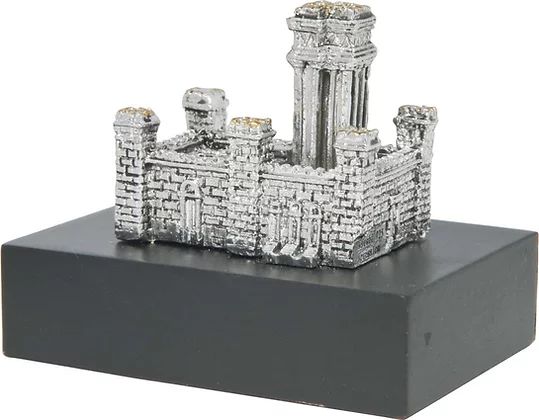
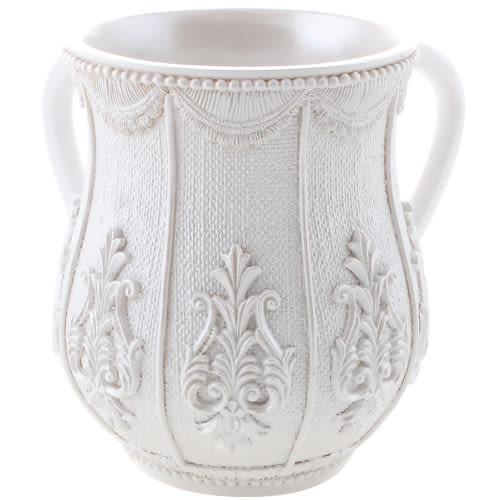
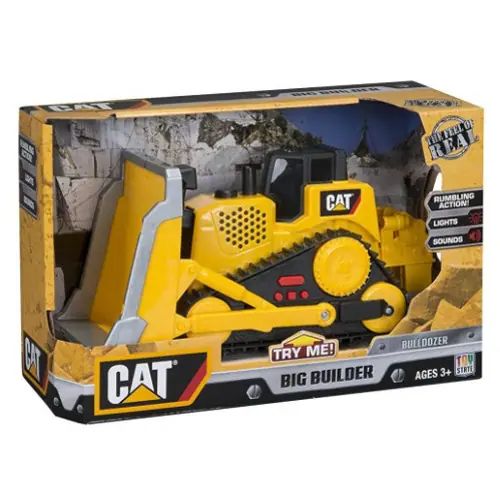
Tell us what you think!
Thank you for your comment!
It will be published after approval by the Editor.